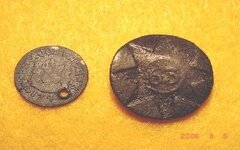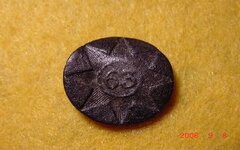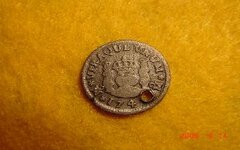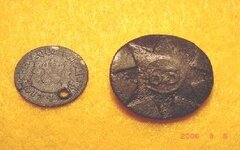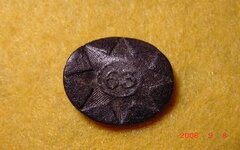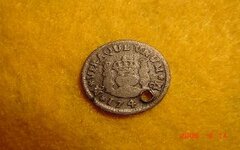Cubfan64
Silver Member
- Feb 13, 2006
- 2,994
- 2,818
- Detector(s) used
- Fisher CZ21, Teknetics T2 & Minelab Sovereign GT
- Primary Interest:
- All Treasure Hunting
I want to start doing some investigation as to why olive oil seems to be able to clean some older coins and thought this might be a good place to start talking about it.
What types of coins do people recommend be cleaned this way, and which ones are not recommended (and why).
What kinds of before and after pictures do people have from olive oil cleaning?
What are the theories as to how and why olive oil works (as opposed to motor oil, corn oil, etc...)
Anyone have bad experiences using olive oil?
Being a chemist by education and trade, I'm just very curious as to what exactly olive oil specifically does to clean coins. Could it be that it just started as an old wives tale and evolved into "the right" thing to use? Maybe any kind of oil would do the same thing? Maybe the olive oil method could be improved upon if we knew exactly why it seemed to work?
Any insight any of you could give would be wonderful - I'd like this thread to develop into a learning tool for me to get information from those of you who have tried using it and either had success or failure and try to get specific so I can understand what's happening.
Thanks
What types of coins do people recommend be cleaned this way, and which ones are not recommended (and why).
What kinds of before and after pictures do people have from olive oil cleaning?
What are the theories as to how and why olive oil works (as opposed to motor oil, corn oil, etc...)
Anyone have bad experiences using olive oil?
Being a chemist by education and trade, I'm just very curious as to what exactly olive oil specifically does to clean coins. Could it be that it just started as an old wives tale and evolved into "the right" thing to use? Maybe any kind of oil would do the same thing? Maybe the olive oil method could be improved upon if we knew exactly why it seemed to work?
Any insight any of you could give would be wonderful - I'd like this thread to develop into a learning tool for me to get information from those of you who have tried using it and either had success or failure and try to get specific so I can understand what's happening.
Thanks



